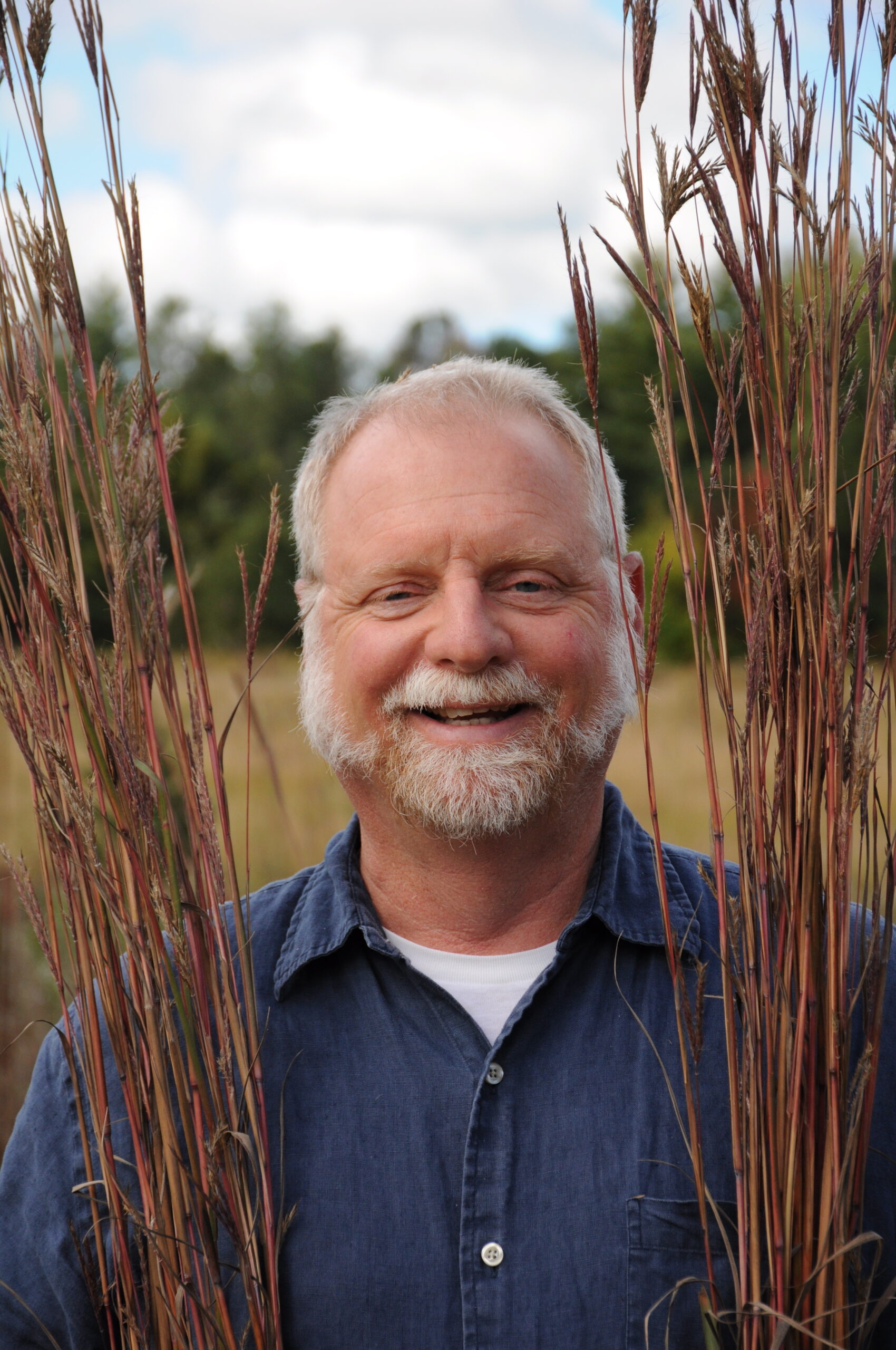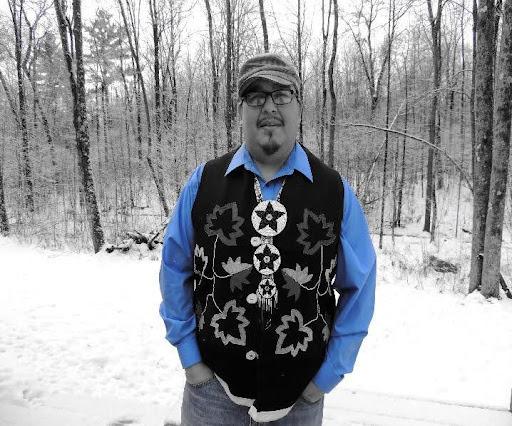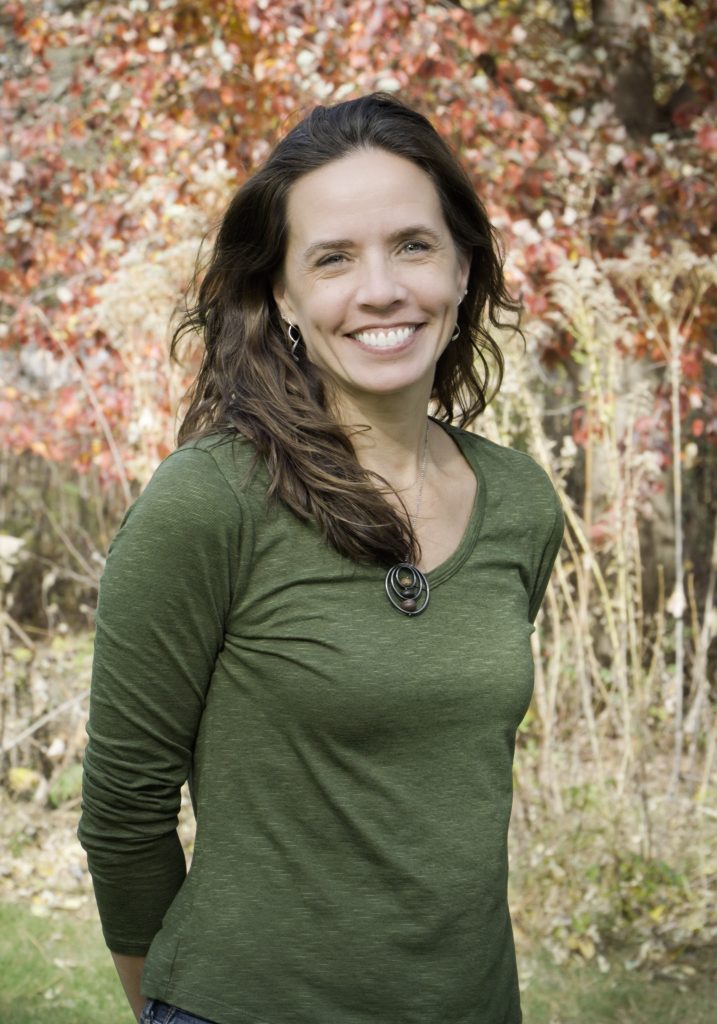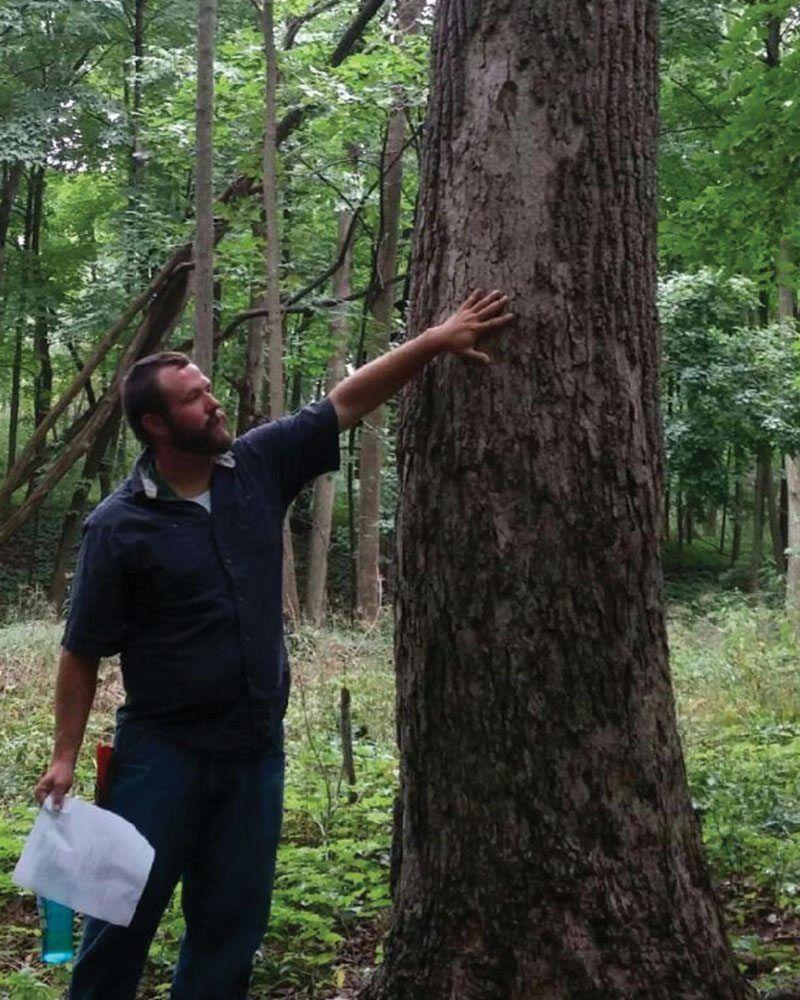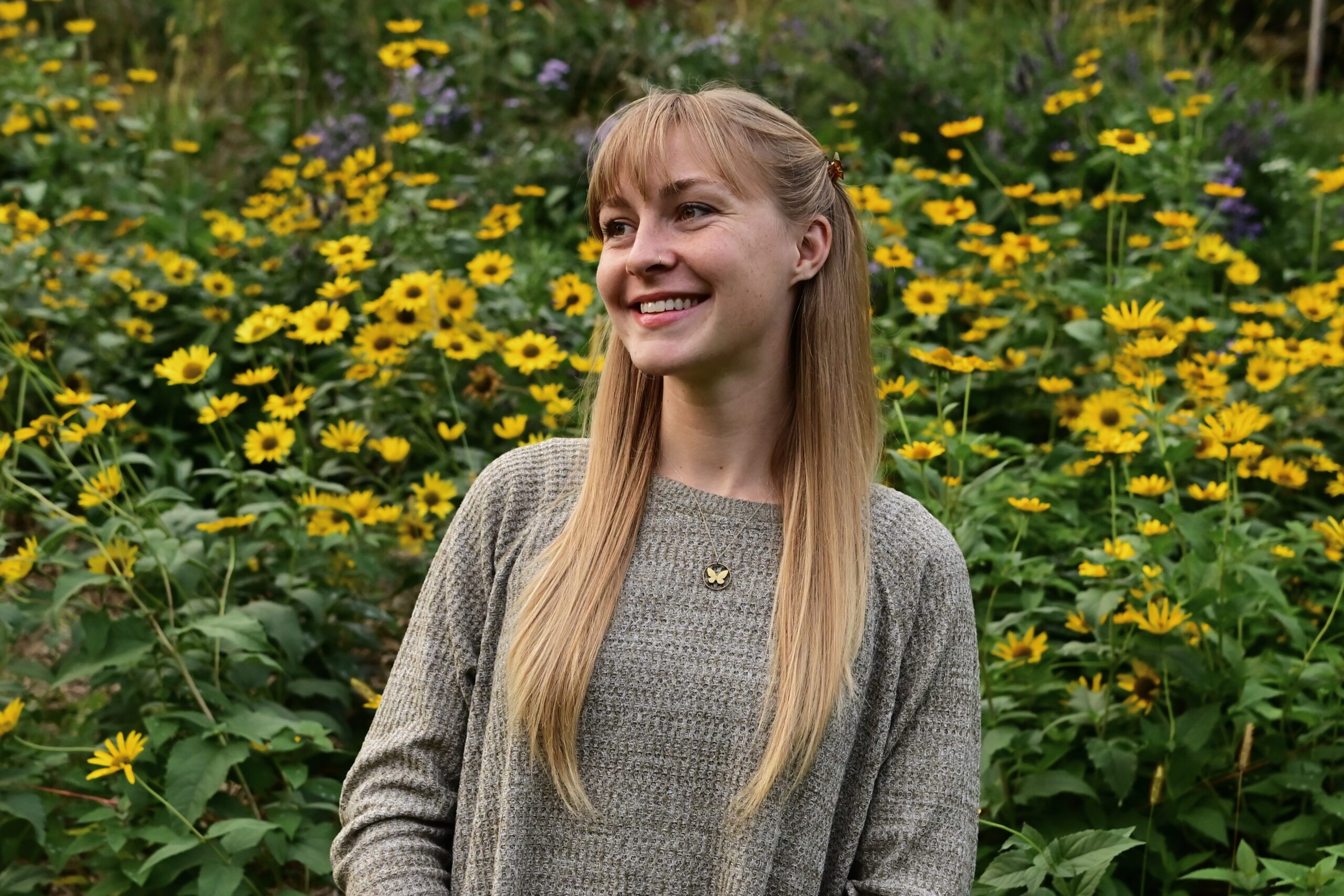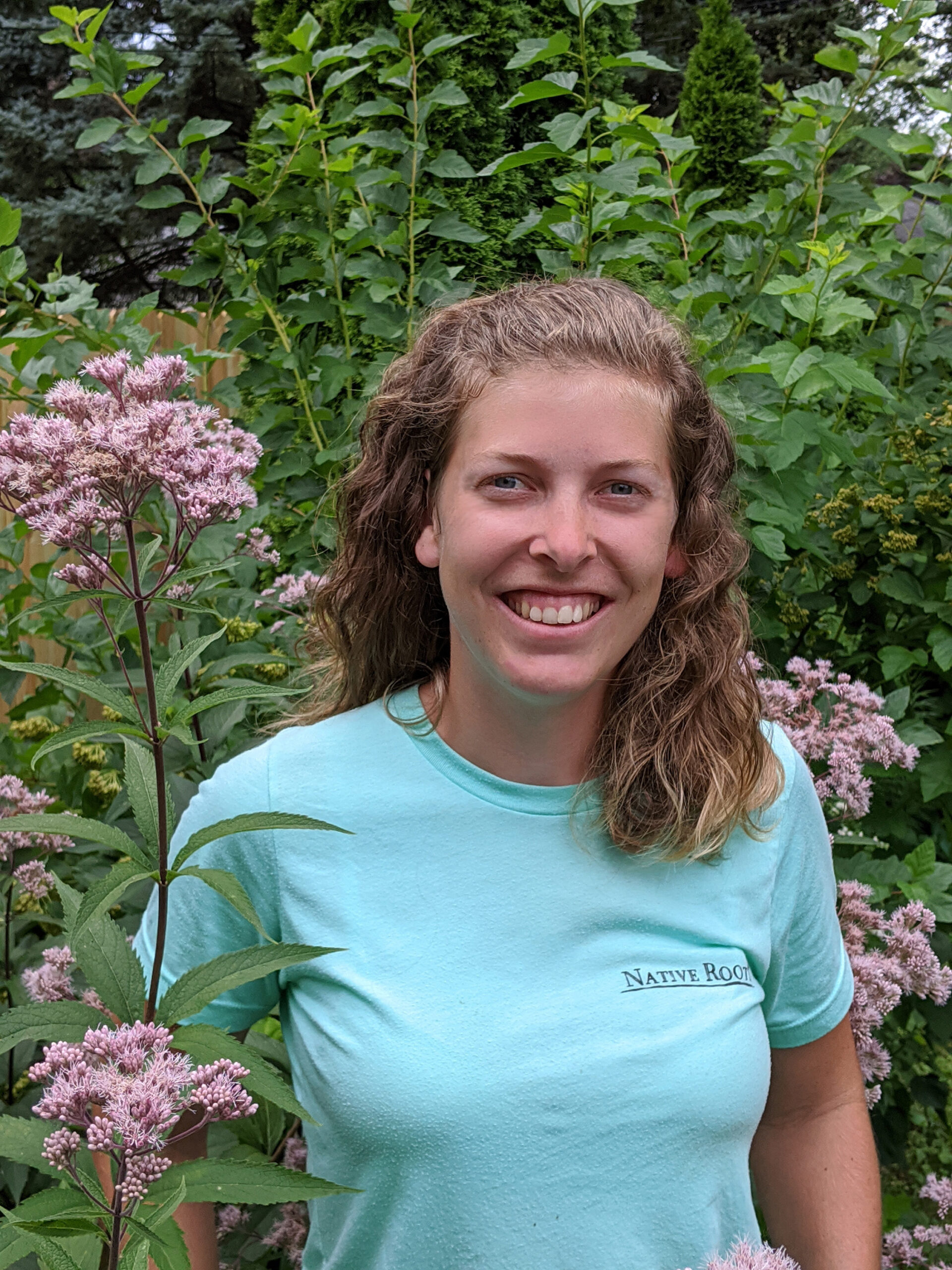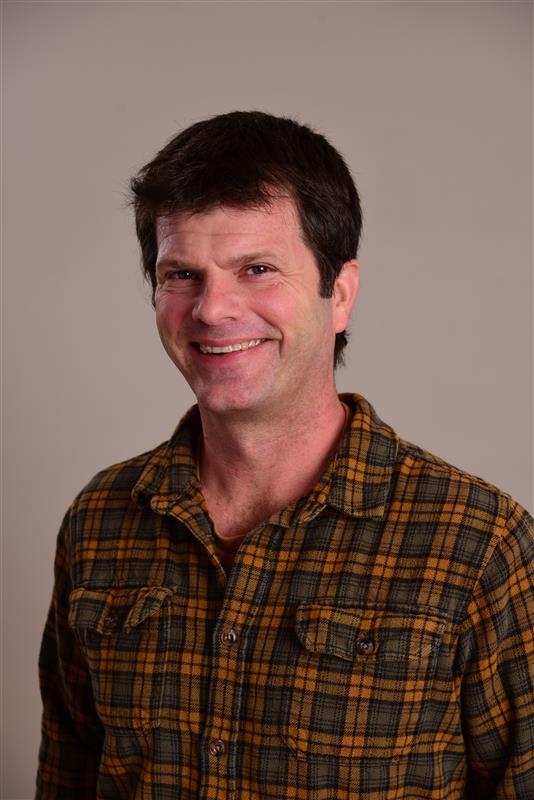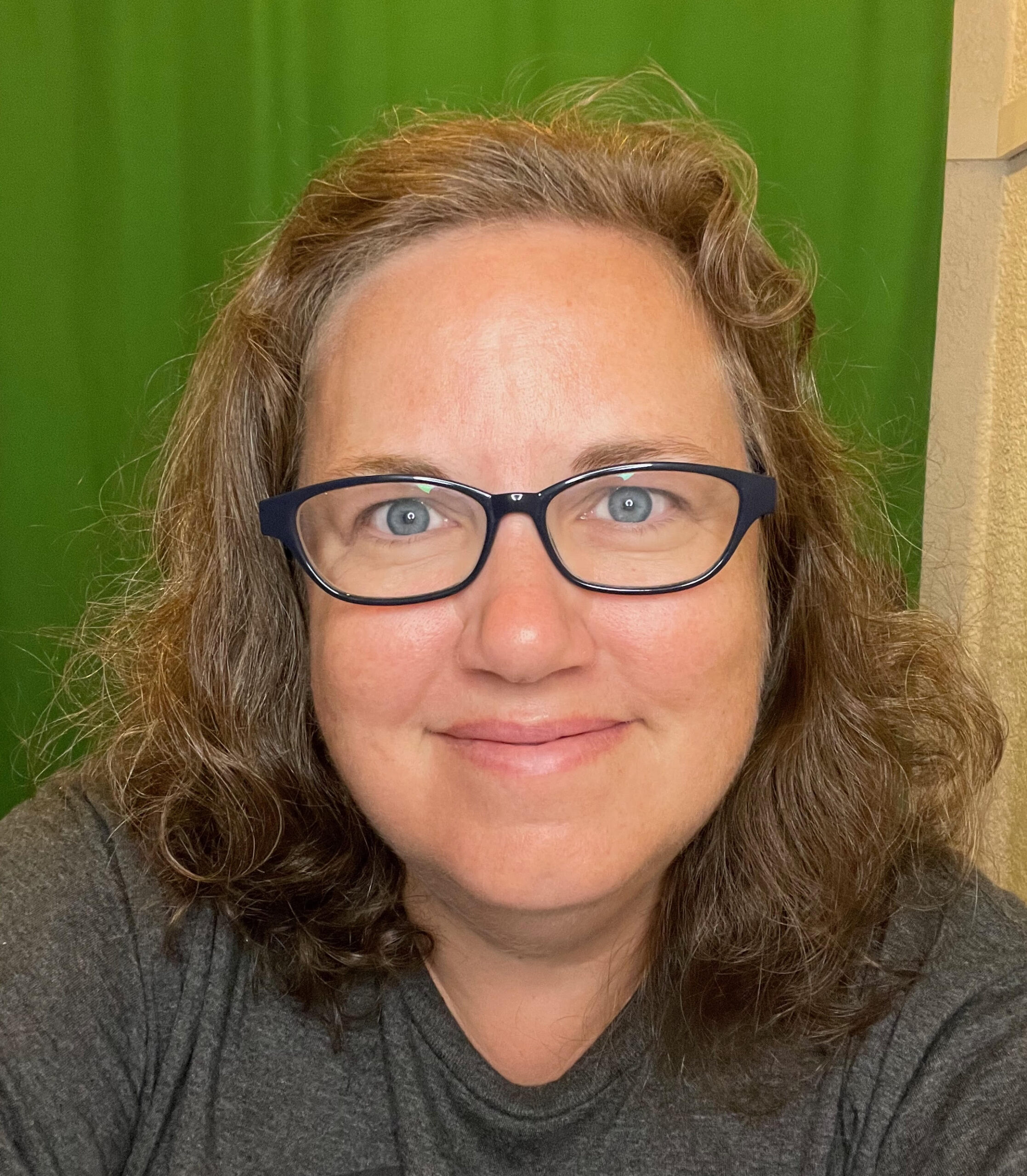Keynote Speaker, Neil Diboll
“Genetic Diversity and Plant Preservation”
Neil provides an overview of the various strategies that different plants have developed for reproduction and adaptation to their environments. The ramifications for the structure of plant gene pools, their genetic diversity, and adaptability to a rapidly changing world are highlighted. Ecological gardeners tend to be more concerned with creating low-maintenance, sustainable, native gardens that provide not only enjoyment for the gardener but also preserve native plant gene pools
while creating habitat for birds, butterflies, pollinators, and other creatures.
This thought-provoking talk provides an inside perspective on plant reproduction and its implications for preserving and maintaining a diverse genetic bank for native species. Neil embraces a technical topic and makes it understandable and interesting to both native plant enthusiasts and the average gardener.
Anahkwet (Guy Reiter)
“Rights of Nature in Indian Country”
Explore the powerful intersection of Indigenous sovereignty and environmental justice in our session on the Rights of Nature in Indian Country. This presentation will highlight how Native nations are recognizing legal rights for ecosystems, grounded in traditional ecological knowledge and cultural values. Learn how these efforts are reshaping environmental law and protecting sacred lands for future generations.
Sara Walling
“Neonic Pesticide Use in Wisconsin and Implications for Our Health and Our Environment”
Attend an informational session about a specific class of pesticides called Neonicotinoids, or “Neonics”, which are the most widely used insecticides in Wisconsin, the US, and globally. Their popularity has negatively impacted pollinators, aquatic ecosystems, and the food chains they support. During this session, you will learn about the use of neonics in horticultural, landscape, and agricultural settings and the implications for Wisconsin’s waterways, pollinators, aquatic insects, and people. Additionally, we will talk about ways you can learn more about and address this important issue!
Ben French
“Native Plant Propagation at Johnson’s Nursery”
Learn how Johnson’s Nursery propagates plants. The fun and challenging task of propagating the native species of Wisconsin can be highly rewarding. Ben will explain how the business is changing and how consumer trends are making a big difference in the nursery.
Dr. Skye Bruce
“Butterflies and Botany: Cultivating Connections in Native Gardens”
We’ll explore the intricate relationships between butterflies and native plants, highlighting how gardening with regional species supports both beauty and biodiversity. Attendees will learn which plants serve as critical host species for at-risk butterfly larvae, which provide nectar for adult butterflies, and how thoughtful garden design can foster these connections.
Danielle Bell
“From Turf to Habitat”
Too often, native plants in the home landscape get the image of being unruly and messy. The truth is, there are 5 simple steps you can take to incorporate native plants into your landscape to provide resources for a diversity of pollinators and wildlife on your property. We will discuss which native species are best suited for the home landscape and how to incorporate them to bring your landscape to life!
Dan Carter, PhD
“Identifying and Caring for Oak Woodlands”
Between more open savannas and dark forests, oak woodlands are often underappreciated and misunderstood. I will discuss how to recognize, restore, and care for oak woodlands.
Laura Ladwig
“Prairie Plants’ Responses to Winter Climate Change”
Climate change during winter can influence many ecosystems, including prairies across Wisconsin. This talk will share the results from several experiments testing the impacts of winter climate change on prairie plant success.

